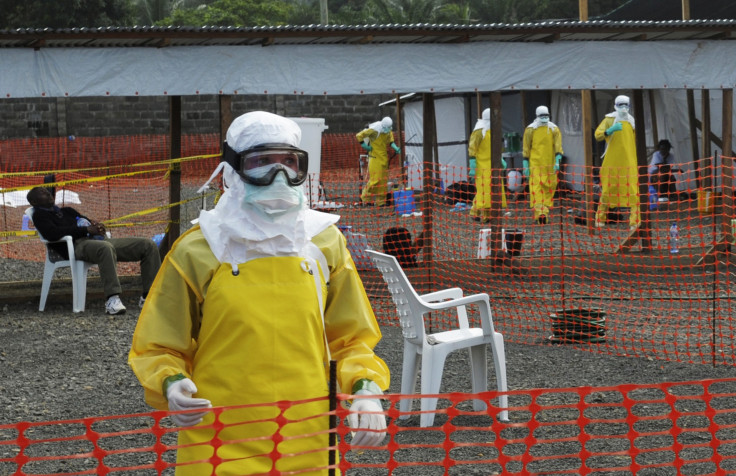Ebola Outbreak: Japan Develops 30-Minute 'Simpler' Test To Quickly Diagnose Deadly Virus

Japanese scientists said Tuesday that they have developed a new test that could detect the Ebola virus in 30 minutes, with the help of a technology they claim is faster and cheaper than the current method being used in West Africa. More than 1,550 people have so far died from the current Ebola outbreak and over 3,000 have been infected.
Eiken Chemical Co., along with researchers at Nagasaki University, reportedly created the new testing method, which can be conducted with a “small, battery-powered warmer,” making it ideal for use in places without an adequate power source, the scientists claimed. The current test requires “dedicated equipment and a stable supply of electricity,” according to a local report.
"The new method is simpler than the current one and can be used in countries where expensive testing equipment is not available," Jiro Yasuda, a professor at Nagasaki University, told Agence France-Presse, or AFP. "We have yet to receive any questions or requests, but we are pleased to offer the system, which is ready to go," he reportedly said.
Yasuda and his team at the university have reportedly created what they called a "primer,” which magnifies only those genes specific to Ebola found in a blood sample or any other fluid in the body. If Ebola is present, the action of the primers distinguishes DNA specific to the deadly virus in 30 minutes.
Currently, a technique called polymerase chain reaction, or PCR, is being used to detect the Ebola virus. The PCR method takes up to two hours as doctors need to heat and cool the blood samples repeatedly to complete the procedure.
"The new method only needs a small, battery-powered warmer and the entire system costs just tens of thousands of yen [hundreds of dollars], which developing countries should be able to afford," Yasuda said, according to AFP.
The deadly virus, which is transmitted through contact with infected bodily fluids, has spread across five countries including Senegal, Liberia, Guinea, Sierra Leone and Nigeria.
As of now, there is no cure for the disease, but ZMapp, an experimental drug, has been used on patients, including two American aid workers who were recently discharged after being treated for Ebola. Last week, the drug reportedly cured a group of 18 monkeys infected with Ebola. On Monday, the FDA approved the testing of a new vaccine on human subjects.
© Copyright IBTimes 2024. All rights reserved.





















